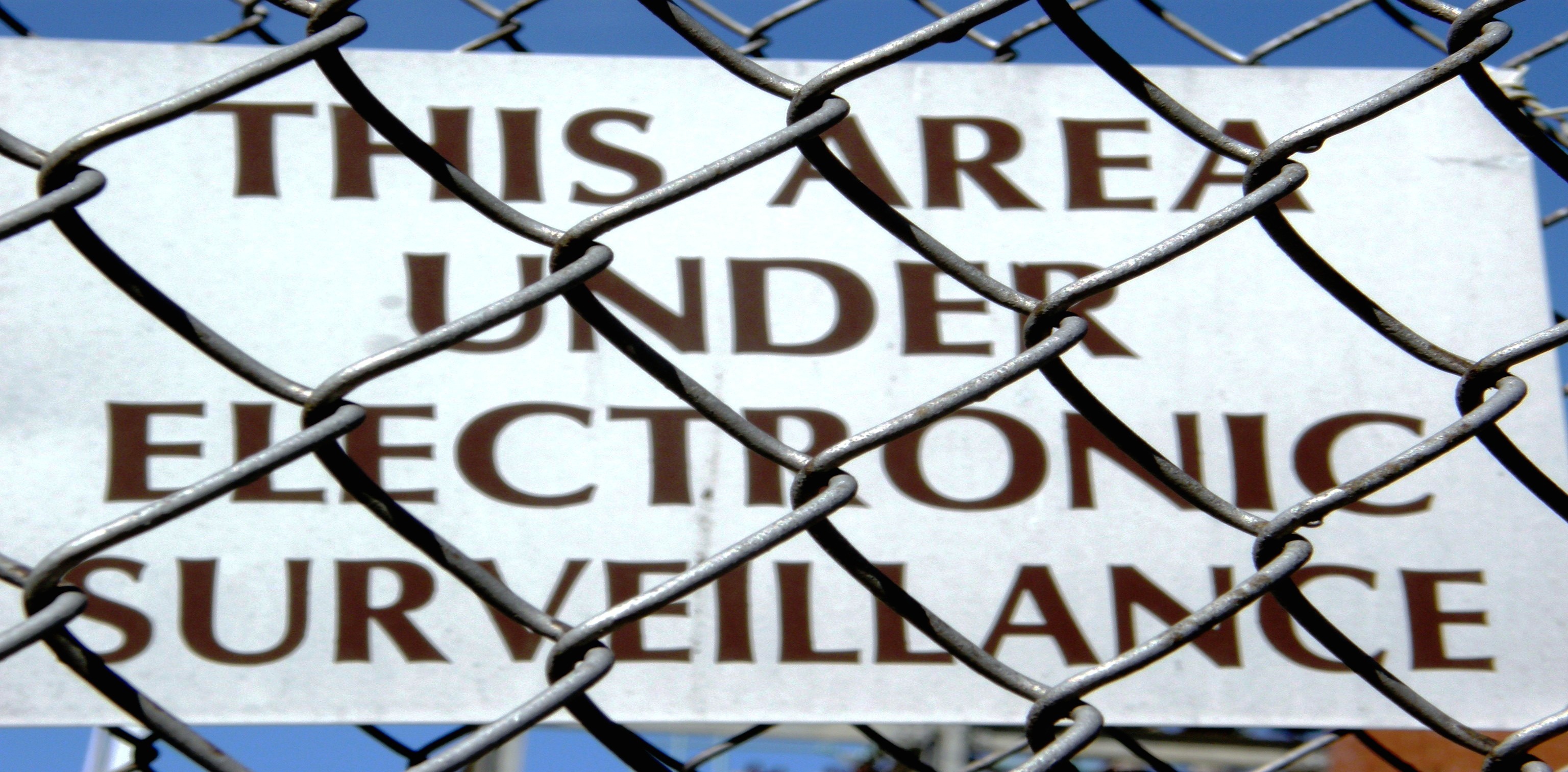By Jake Laperruque
For the last year and a half, government surveillance and NSA monitoring have generated one of the most intense discussions in the country. The Snowden disclosures have not only brought the surveillance debate to the front page, congressional hearings, and the campaign trail, but have also significantly impacted public opinion: Most Americans believe that NSA practices have gone too far, and need to be reined in. Now Congress needs to act to reform these surveillance practices — but time is running out.
Throughout most of 2014, lawmakers steadily worked towards this goal. This summer, the USA FREEDOM Act — which would enact significant reforms by ending bulk collection programs, enhancing transparency, and improving proceedings in the secret FISA Court — was approved by the House Judiciary and Intelligence Committees with strong support. The bill was significantly watered down prior to a vote before the full House floor (where it received strong support), but was reintroduced in the Senate with significant improvements. The legislation seemed primed for passage, but suddenly the momentum halted, with the Senate failing to take action on the bill this fall. Now, if the USA FREEDOM Act doesn’t receive a Senate vote in the post-election lame duck session, NSA reform will be forced to go back to step one when the new Congress convenes in 2015.
This lack of action is frustrating and bewildering, even with our historically do-nothing-Congress. While major issues like immigration have petered out largely because of partisan gridlock, NSA reform is distinctive in garnering strong support from both sides. In the House, the bill had 80 Democratic and 72 Republican cosponsors. In the Senate, the USA FREEDOM Act has the unique honor of having Bernie Sanders and Ted Cruz as co-sponsors.
This consensus is not just among politicians of different stripes. Groups across the ideological spectrum — ranging from the ALCU and EFF to FreedomWorks and the NRA — all support the Senate version of the USA FREEDOM Act. These and many other groups are joined by America’s biggest tech companies. Most recently, Attorney General Eric Holder and Director of National Intelligence James Clapper — a long-time defender of NSA surveillance — announced support for the bill and stated that prohibiting bulk collection would not weaken national security. At this point, it seems practically everyone except Congress has given the USA FREEDOM Act a stamp of approval.
Unfortunately, the current session of Congress ends this December, with the mid-term elections taking up much of Congress’s attention span in the interim. What will happen if congressional inaction continues and the bill doesn’t get a vote? First, the American tech industry may continue to bleed abroad, as global consumers see surveillance reform and privacy as a low priorities for the U.S. government. Failure to act will also guarantee a difficult debate due to the June 2015 expiration of several provisions of the PATRIOT Act, which the government uses to justify bulk collection programs. If the Republicans gain control of the Senate, new Judiciary Committee Chairman Charles Grassley will be forced to devote his energy to finding a compromise between the Committee’s hawkish GOP members (such as Lindsay Graham and John Cornyn) and USA FREEDOM co-sponsors such as Ted Cruz and Mike Lee. If a bill can be passed out of committee to the full floor, Senator Mitch McConnell will likely have to advance PATRIOT Act reauthorization legislation while beating back criticism not only from Democrats, but also the always-vocal Rand Paul.
Beyond absorbing Congress’ attention for the first half of 2015 and causing political infighting, trying to reauthorize the PATRIOT Act, with NSA reform still unresolved, could be very risky. Seeking an acceptable compromise among the various factions within the Senate, the more anti-surveillance and Tea-Party-influenced House, the Intelligence Community, the White House, privacy advocates, plus an increasingly outspoken business community may lead to the clock running out, and the law expiring.
Some proponents of reform have argued that this would actually be the best result. However, the sunset for Section 215 of the PATRIOT Act kicking in would not be an effective remedy to the issues the Snowden revelations have raised.
While this scenario would be a disaster for surveillance hawks, privacy advocates would lose as well. An expiration of the PATRIOT Act would not generally prohibit bulk collection under the FISA Pen/Trap or National Security Letter statutes. It would not require declassification of significant FISA Court opinions, such as authorization for NSA to restart bulk collection under one of these other legal authorities. It would not increase transparency by enhancing government reporting or permitting companies to disclose more information about surveillance requests. It would not add clarity and improve debate in FISA Court proceedings by creating a Special Advocate to support privacy and civil liberties. The USA FREEDOM Act is the only current vehicle to achieving these goals.
We still have a moment of consensus, one that can lead to profound and meaningful reform, but that moment is fleeting. We need to pass the USA FREEDOM Act this year. When Congress returns for its lame duck session, this bill should go to the Senate floor immediately.
Jake is the Fellow on Privacy, Surveillance, and Security at the Center for Democracy & Technology. You can follow him on Twitter at @jakelaperruque.

